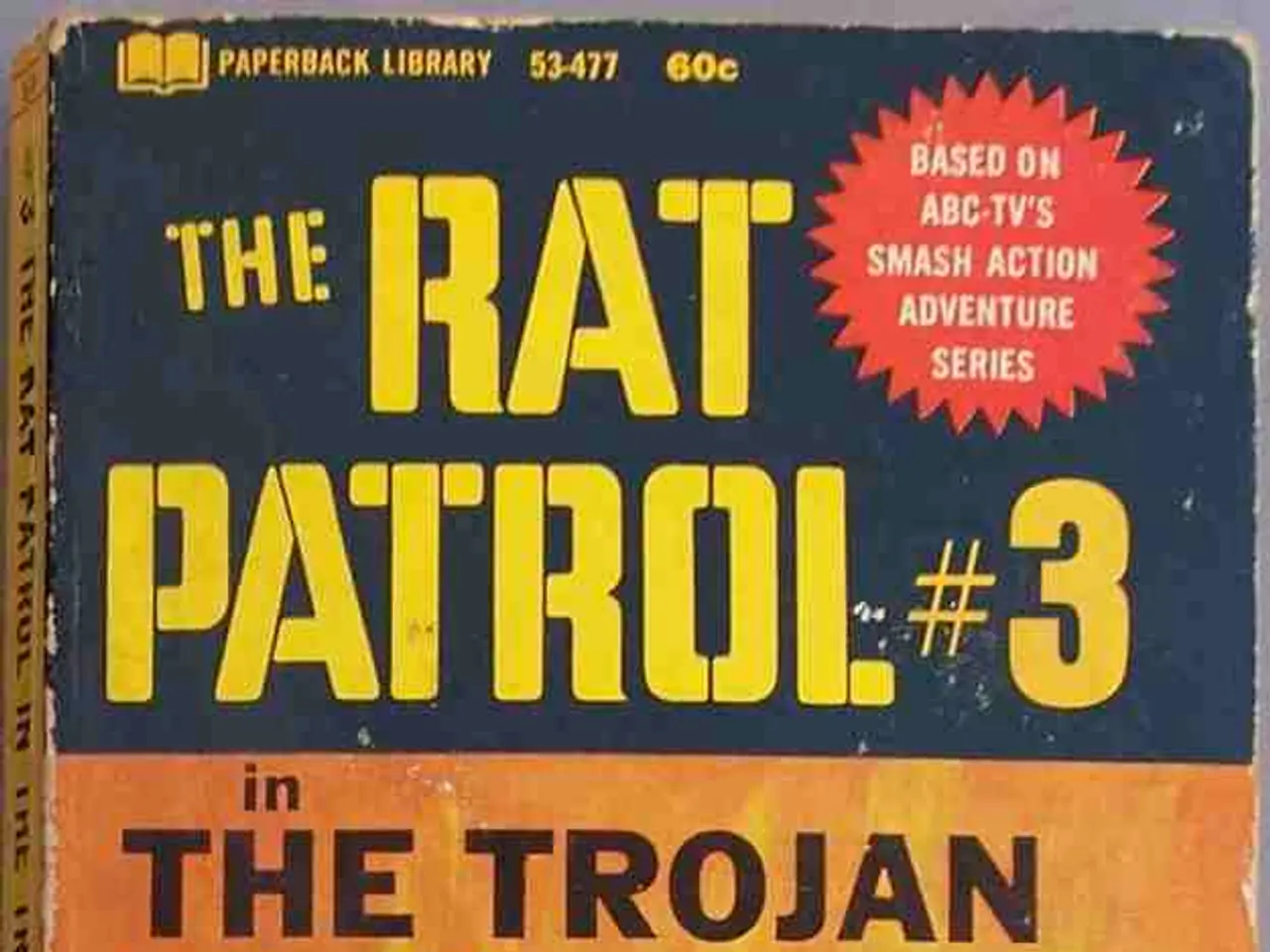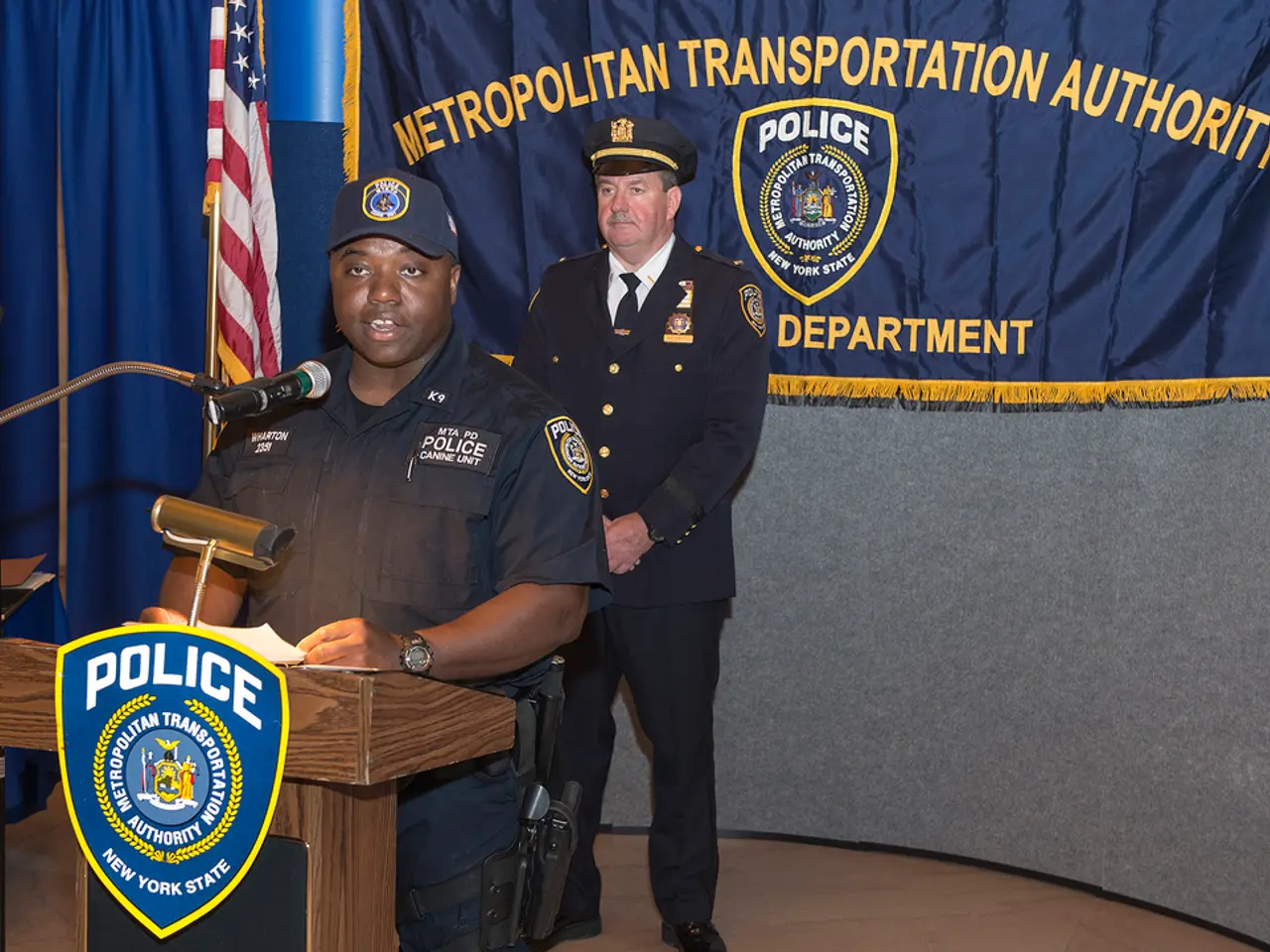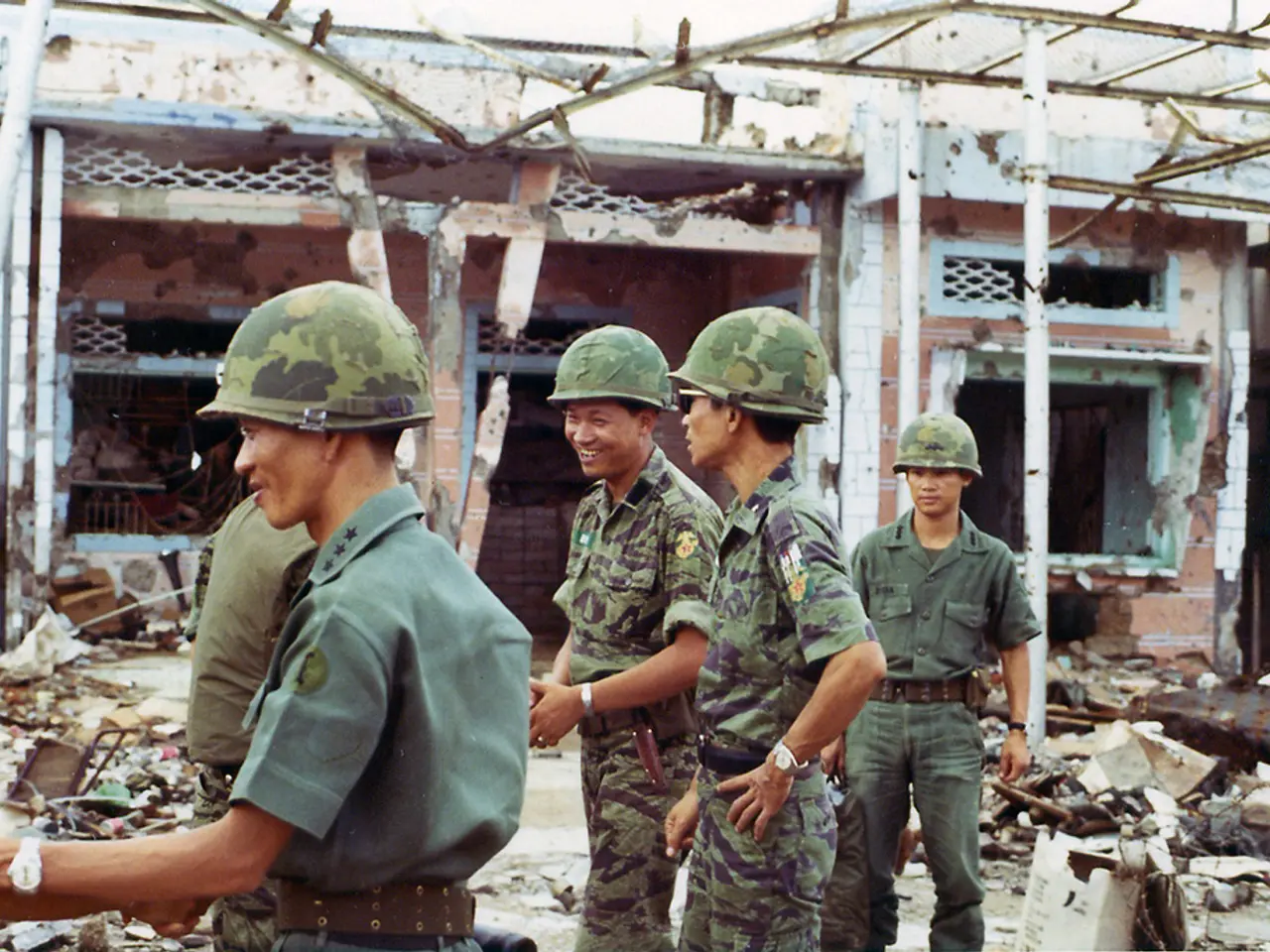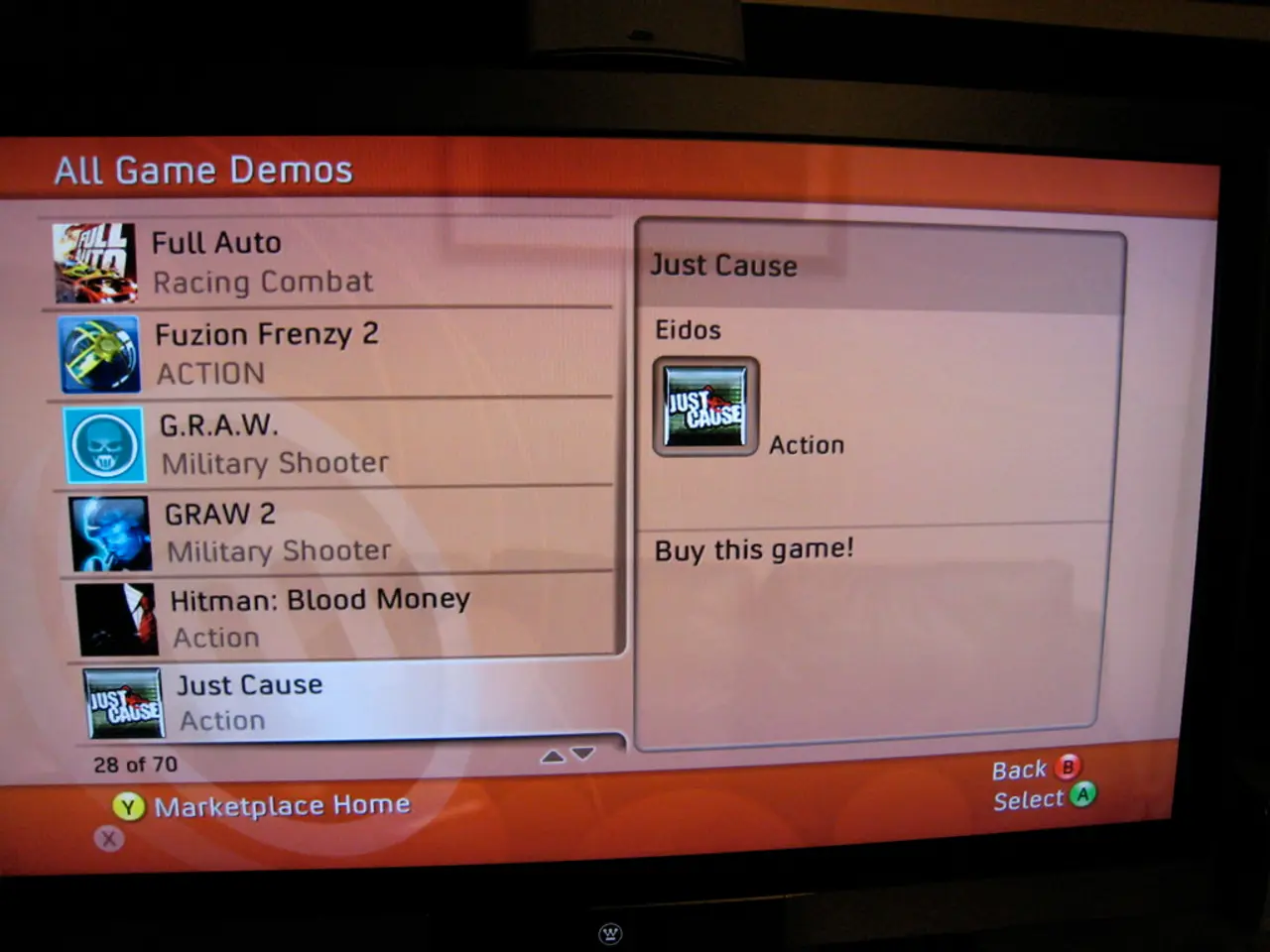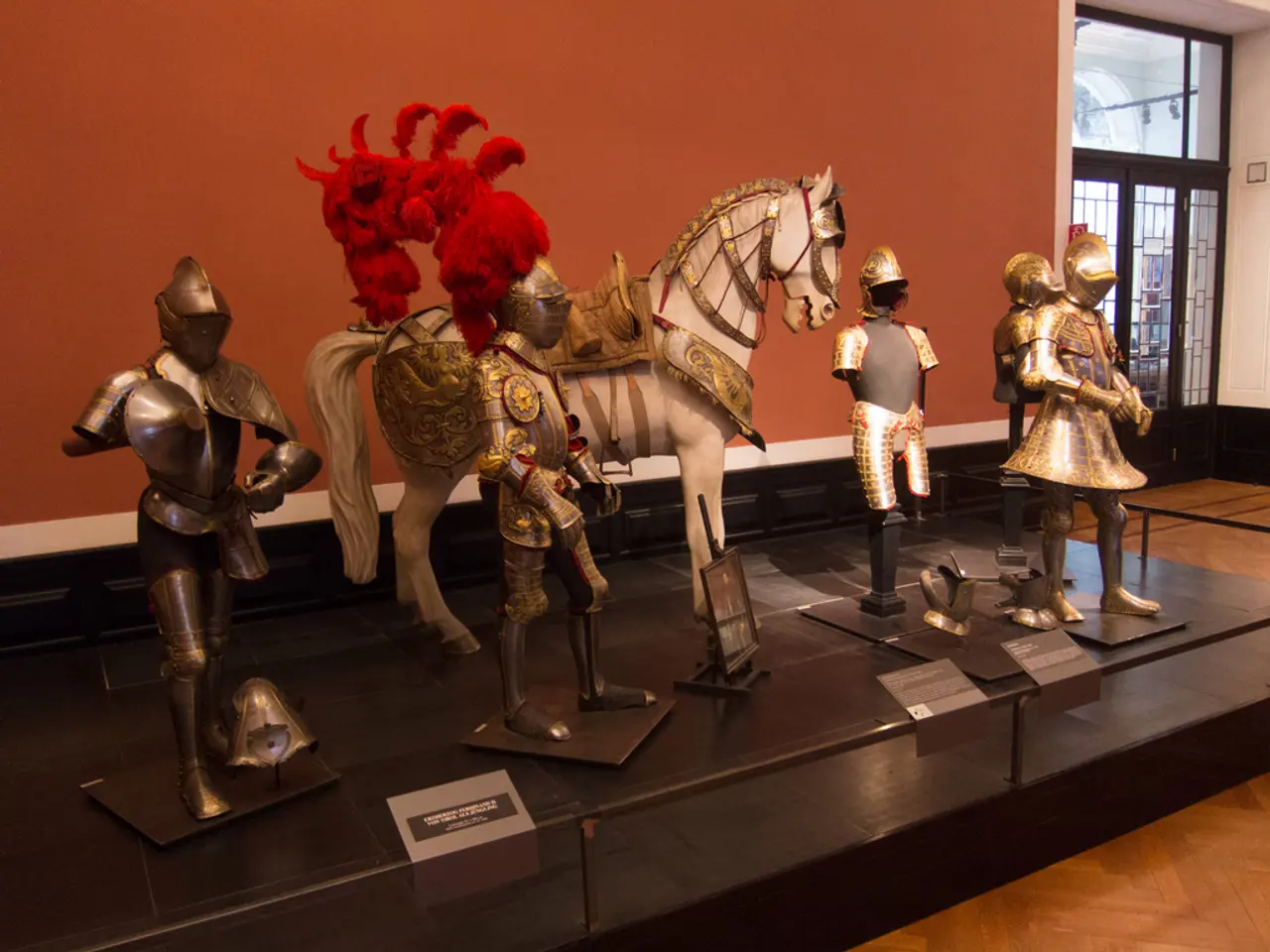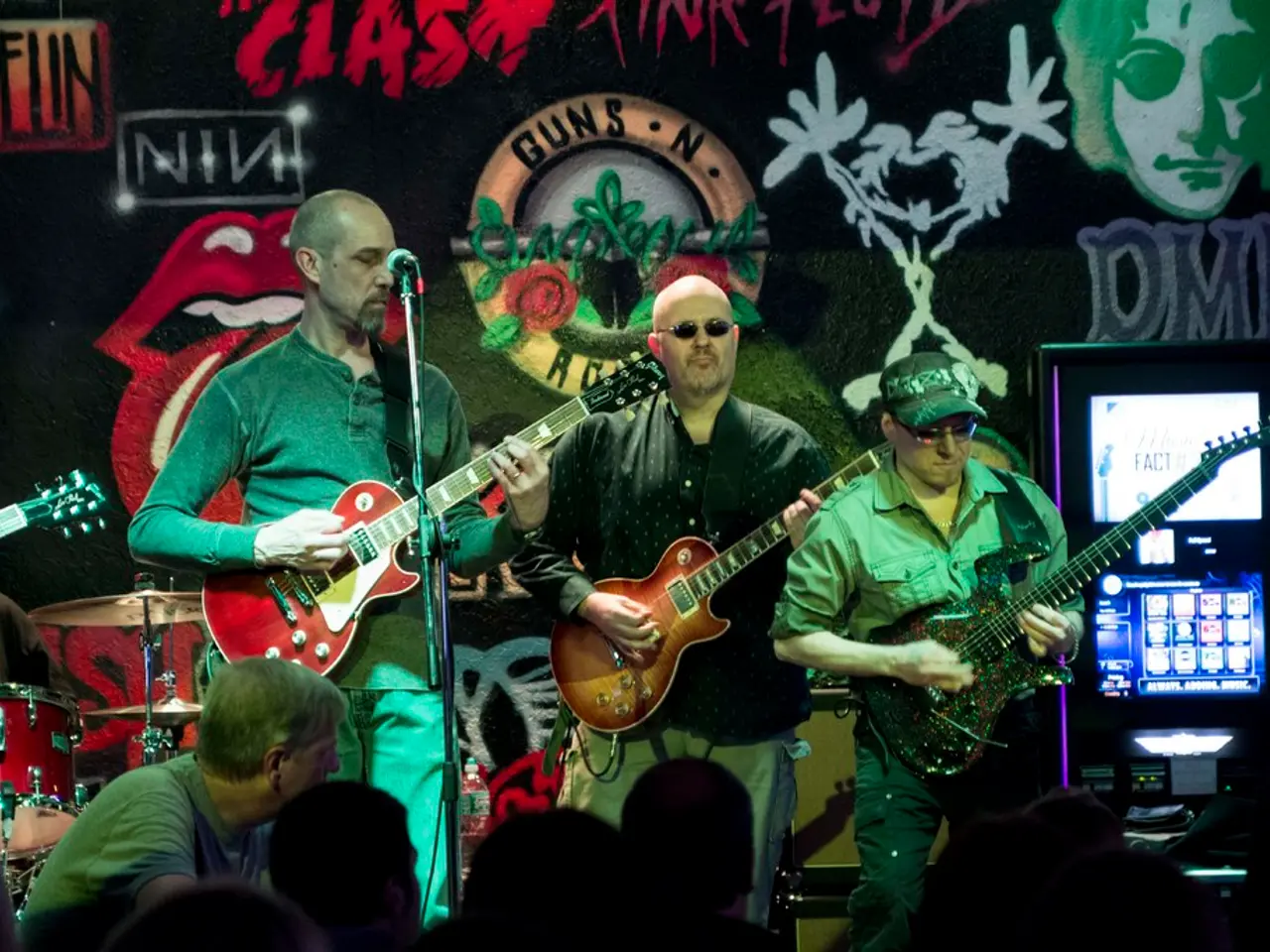Israeli efforts to provoke war condemned by Al-Sharaa; commitment expressed to safeguard Druze community
In the aftermath of the overthrow of Bashar al-Assad, Syria's political landscape remains **fragile and complex** under the interim government of President Ahmed al-Sharaa. The new administration, with a mandate to unify the country, consolidate armed groups into a national army, and reactivate the economy, has faced numerous challenges.
Recent sectarian violence in southern Syria, particularly in the Druze-majority city of Suwayda, has escalated tensions and prompted Israeli airstrikes on Syrian government targets. President al-Sharaa has accused Israel of attempting to provoke conflict to derail Syria’s reconstruction efforts, which has further complicated the fragile transition and security landscape.
The violence in Suwayda has highlighted several critical challenges for al-Sharaa’s government: persistent distrust among minority communities, difficulty integrating various armed groups, managing radical and undisciplined elements within the coalition, and vulnerability to external actors like Israel. In response to the violence, the Syrian interim government reached a ceasefire agreement with Druze leaders in Suweida City, signaling a step towards local reconciliation and integration of minority groups. However, some Druze factions have rejected the agreement, and continued tensions remain.
President al-Sharaa has emphasized the Druze as an "integral part" of Syria and assigned local leaders a security role, indicating efforts to stabilize regions through local cooperation. Internationally, the United States, viewing al-Sharaa’s government as a key player in Middle East stability and isolation of Iran, has helped mediate the ceasefire after the Israeli strikes. However, U.S. support has shielded al-Sharaa from pressure to implement broad reforms needed for an inclusive and accountable government that accommodates Syria's multi-sectarian society.
The UN Security Council is also focused on condemning violence, demanding respect for Syria’s sovereignty, and encouraging political and humanitarian progress amid these tensions. The death toll from the violence in Suwayda, as reported by the Syrian Observatory for Human Rights, has risen to 360.
Despite these challenges, President al-Sharaa has remained steadfast, stating that Syria is stronger than any attempt to tear it apart. The future of Syria remains uncertain, but the interim government's commitment to prioritizing Syrians over chaos and destruction offers a glimmer of hope for a stable and peaceful future.
The interim Syrian government's focus on integrating various armed groups and managing radical elements within the coalition is a critical part of addressing the general-news issues facing post-Assad Syria. The escalation of violence in Druze-majority areas like Suwayda, such as the recent clashes, highlights this challenge and the persistent distrust among minority communities. Meanwhile, international players like the United States, despite aiding in mediation, have shielded the government from pressure to implement broader reforms, which are crucial for fostering an inclusive, accountable government that can accommodate Syria's diverse sectarian society.
